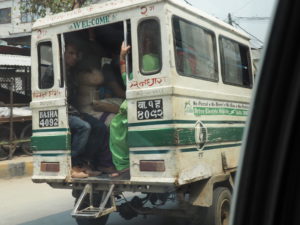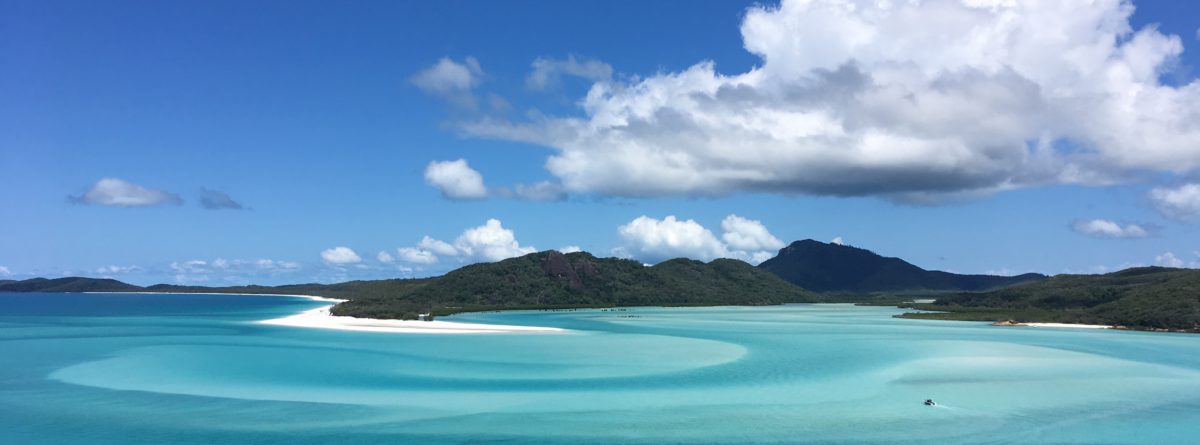Traveling alone can be a fantastic experience. We would recommend it to everyone – at least to try it one time and see if it is for you. Besides the fact that you are totally free and do not have to consider the interests of others (your travel mate(s)), you will certainly make new friends on your journey and learn pretty much about yourself. It can also be an excellent opportunity to free your mind and escape your everyday life. In general we would say traveling alone is not involved with as much risk as one may think. We have already traveled a lot and we do not remember many situations (if any) where a solo traveler would have undergone a higher risk than a couple or a group.
Nonetheless – and this is crucial – organizing and planning the journey has to be done more thoroughly. You are traveling alone. You don’t have anyone you can rely on and if you should get in a dangerous situation there will probably be no one around you who will help you out. You always have to consider this! You are probably in a foreign country, in a surrounding you do not know AND you are alone. That shouldn’t sound spooky for you – most likely nothing will happen. But you have to be attentive.
In the following article we have summarized some of our experiences and thoughts and want to share with you some safety tips for traveling alone.
Think of what is the right country for your travel plans
As already stated above traveling alone requires some extra care when it comes to planning and organizing. That starts with the selection of your destination. There are safer countries in the world and ones that are not so safe and others we would recommend to scratch from your list completely. We don’t want to say in general that you will definitely get serious problems when you are traveling alone in certain countries in Africa or South America, for example. But bear in mind that not every country may be suitable for you. The subjective well-feeling of each individual also varies with regards to safety. What still feels safe for someone may not feel safe for you!
If you have not traveled a lot at all and it is your first time doing so then a “safer” destination may be the best choice.
Be aware that in the country you are traveling you may be the rich and wealthy (even if you do not feel so at the moment) and the others are the poor. That doesn’t mean you will be robbed and killed straight away but you have to consider this fact.
In any case get information on the current safety situation of the country you want to visit. One good address for doing this may be the website of the Department of Foreign Affairs of your country of residence. They very often publish this information.
Where to stay – safety first
 Book a creditable accommodation. Your accommodation will be a central point for you. As you will probably spend the nighttime and leave some of your belongings there you should attach importance to that. Do some research on the internet and read reviews of guests who have stayed there before. Book accommodations in safe areas. For example: A city may be very safe in general but there might be areas or districts where you wouldn’t want stay and walk around – especially at nighttime. Tell your relatives or friends about the accommodations where you will stay and the dates you are staying there.
Book a creditable accommodation. Your accommodation will be a central point for you. As you will probably spend the nighttime and leave some of your belongings there you should attach importance to that. Do some research on the internet and read reviews of guests who have stayed there before. Book accommodations in safe areas. For example: A city may be very safe in general but there might be areas or districts where you wouldn’t want stay and walk around – especially at nighttime. Tell your relatives or friends about the accommodations where you will stay and the dates you are staying there.
Getting around – some specifics when you are traveling alone

Getting around alone somewhere in a big and safe city or area may not cause a problem. At nighttime this could be different. At other places as well. Look where you are going and see how you get there BEFORE you do so. Chose paths that are frequented (as long as they are not frequented by scary people). Watch your surrounding and your belongings (also your drink if you have one). Do not get intoxicated. Inform your relatives or friends about your routes. If you – for example – plan a hiking tour in the mountains inform the staff at your accommodation about your plans. Take enough drinking water with you and if you want carry a fully charged (prepaid) mobile phone with you. Be careful if you leave “touristic” routes. Getting around with tourist travel companies may be safer (and a bit more comfortable) than using the “normal” public ones. In some countries there are – for instance – extra bus operators for tourists.
Some other safety tips for traveling alone
- Make sure you still have access to money (e.g. having an additional ATM or credit card with you) if your wallet should get lost or stolen.
- Consider getting a travel insurance (before you leave).
- Store your personal belongings like passport, tickets, etc. safely. Have copies of all important documents with you. Having them available online as scans or pictures in your e-mail-account or an online cloud might be a good idea.
- Trust your feelings. For example, if you do not feel you can trust a person or think the person has bad faith get away.
- Don’t get yourself in dangerous or delicate situations. Think before you take action.
- Just behave in a “normal” manner and consider local habits and specifications.
- Make sure that you know where to get help from, for example know the emergency number of the country you are.
- Always have a map with you in case you get lost.
Conclusion
The list of safety tips for traveling alone is certainly a none-conclusive one. The written above should be seen as a rough guideline and includes our advice that is most relevant from our point of view. As already stated at the beginning, traveling alone should not be regarded as something risky (although it is certainly more adventurous – and exciting!). With some extra care and thorough planning you will most likely be safe and will have the chance to experience an extraordinary adventure. Take care and come back safe and sound!
